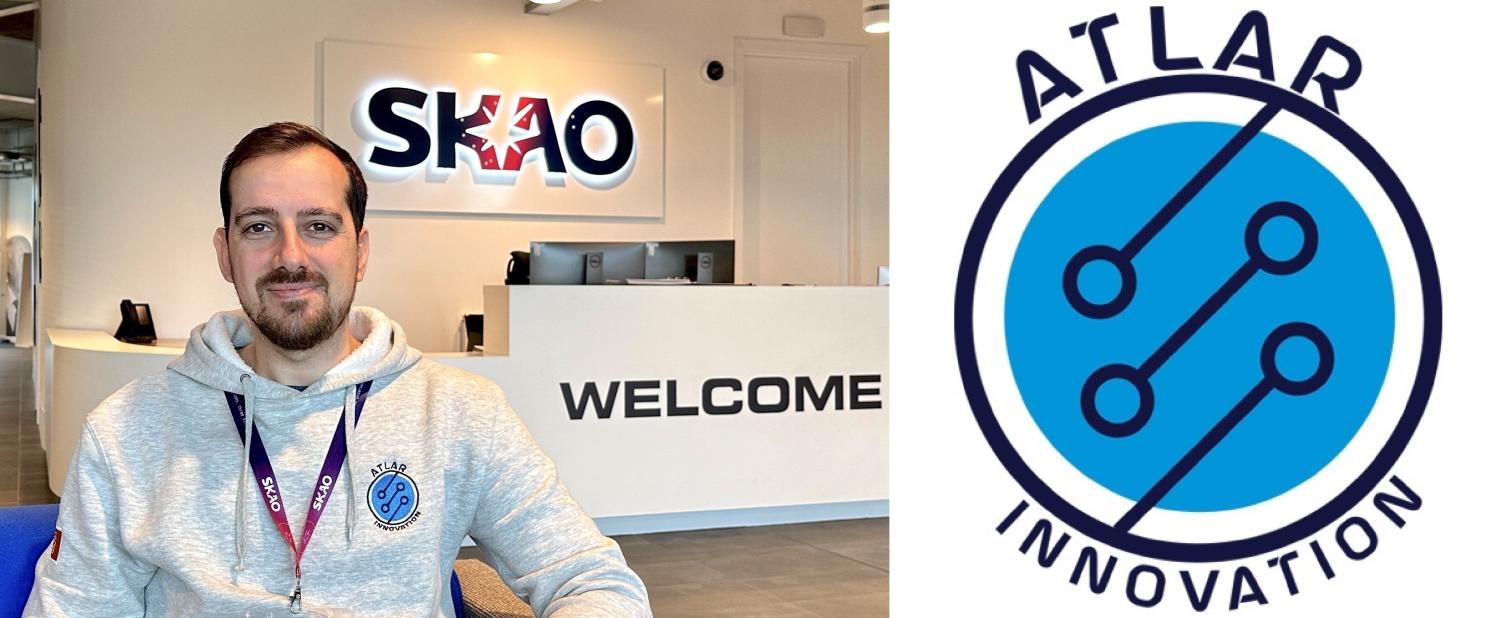Software firm born from SKAO construction opportunities
Atlar's journey began when CTO Hélder Ribeiro and several colleagues were engaged with various Portuguese universities as part of the EngageSKA consortium, a national radio astronomy research infrastructure backed by the Portuguese National Roadmap for Research Infrastructures that provided a pathway for academics to contribute to the SKA telescopes' development. Their work during the design phase, focusing on software and risk identification ahead of construction, was instrumental in the team's decision to spin out Atlar and successfully secured a contract from SKAO in 2021.
The company, led by CEO Miguel Bergano and Ribeiro, has since expanded significantly, growing to a team of 26 people, including seven full-time developers working on projects for the SKAO across three specialised teams.
It’s quite simple: the company would not exist without the SKA – it was born from big science. It gave us the stability to continue and our people have learned so much that now we are able to gain more projects
Today, Atlar is a recognised player not only in the field of large-scale radio astronomy but also in critical space infrastructure. The company has ongoing contracts with the Portuguese Ministry of Defence to operate their Space Operations Centre and with industry to monitor large-scale energy consumption in factories. These projects highlight Atlar’s expanding expertise and influence beyond astronomy, into national defence and industrial monitoring.
The company also offers regular postgraduate placements, giving students valuable experience of working on major international projects like the SKAO.
Atlar’s contract is among €3.1m-worth of SKAO contracts awarded in Portugal for software services and infrastructures, with the remainder being awarded to Critical Software and the Faculty of Science of the University of Porto, both of which were involved in the SKA critical design phase.





